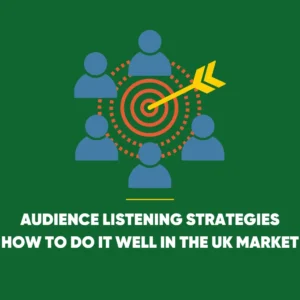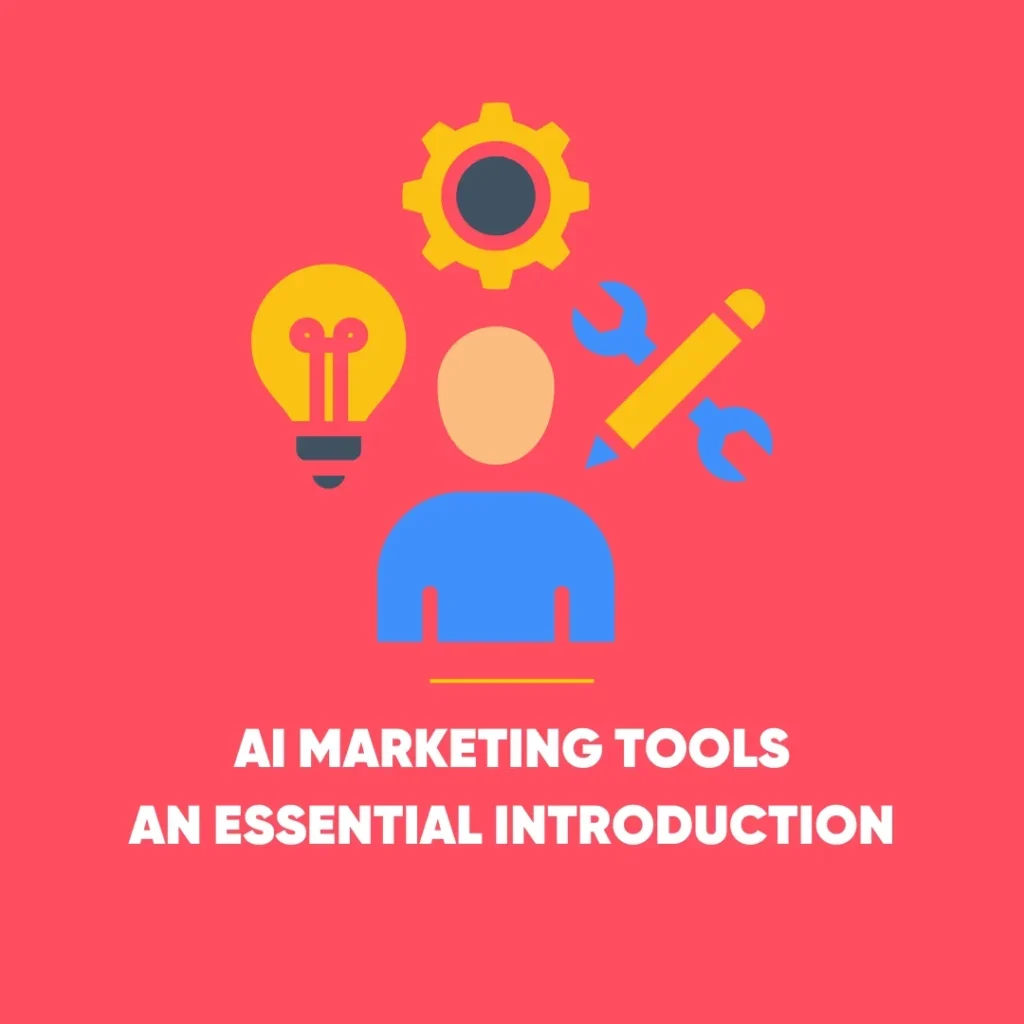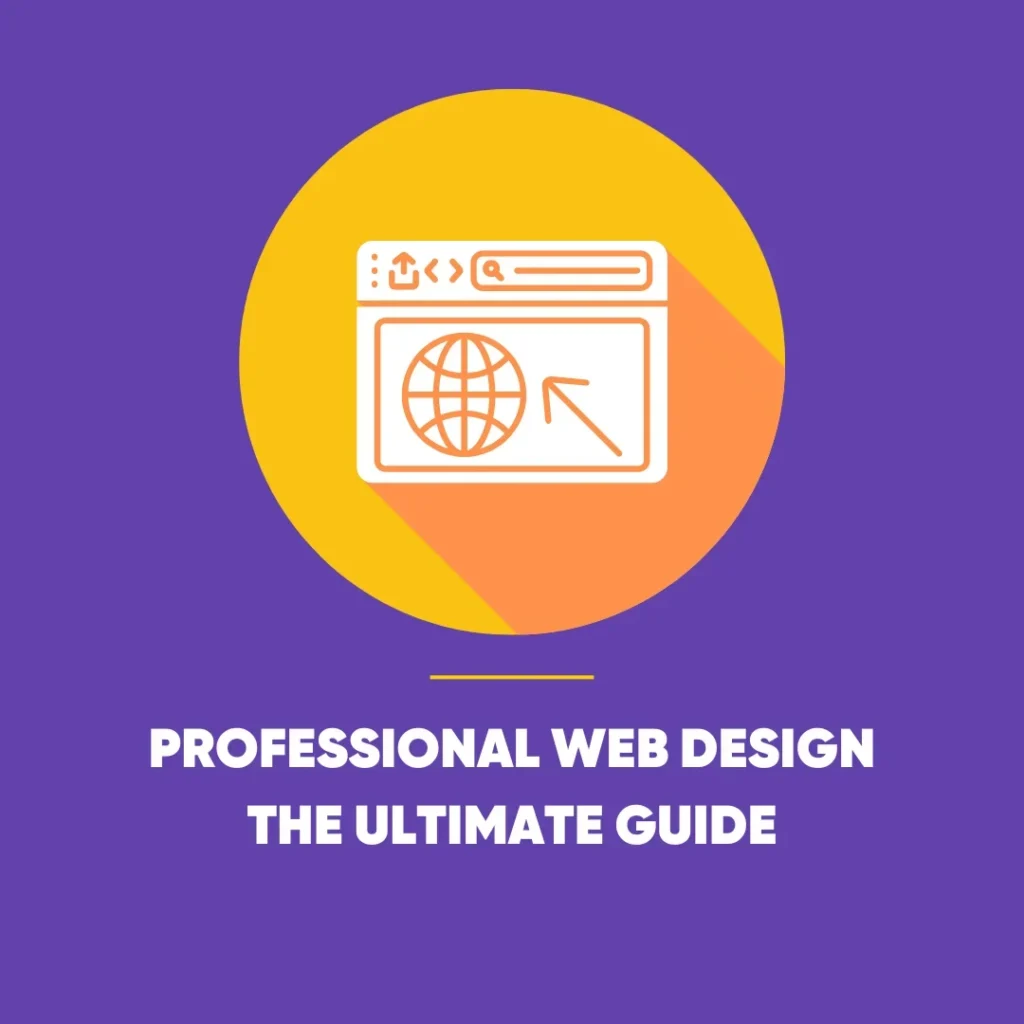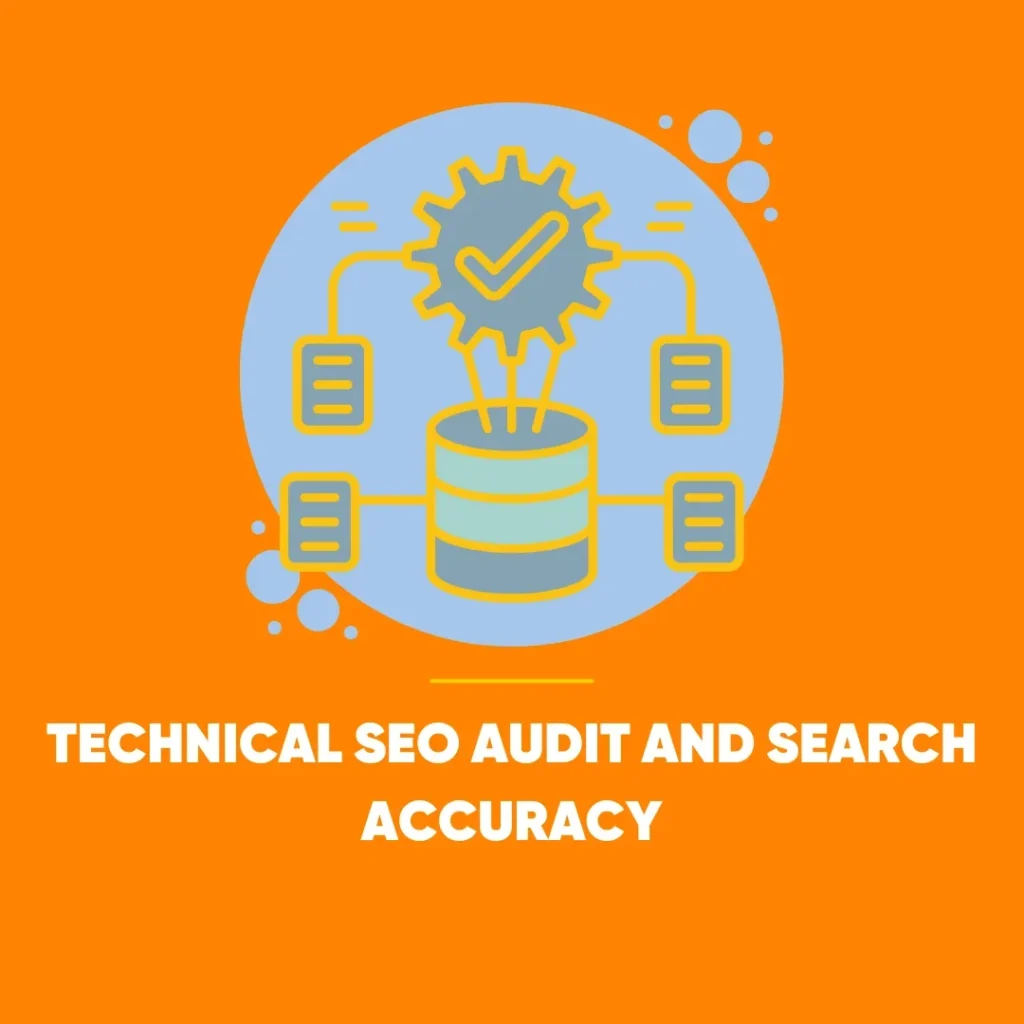Best UK SEO in 2025: Reality Check
Best UK SEO experts are debating whether AI and social media have finally signalled the end of traditional optimisation. Judging by the headlines, one might think search engine optimisation has taken its last breath. But the numbers tell a very different story.
SEO is not only alive, it remains one of the most powerful ways to connect with large audiences – and it even plays a crucial role in shaping the answers AI assistants deliver to their growing user base.
This isn’t about blind optimism; it’s about looking past the hype and into the hard evidence.
Why People Think SEO Is on the Way Out
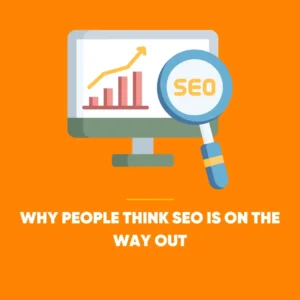 Best UK SEO specialists agree the panic isn’t entirely baseless, given the rapid changes in search and AI technology. Major shifts have unsettled the familiar patterns of online discovery, and many businesses have felt the impact.
Best UK SEO specialists agree the panic isn’t entirely baseless, given the rapid changes in search and AI technology. Major shifts have unsettled the familiar patterns of online discovery, and many businesses have felt the impact.
AI Overviews Are Stealing the Spotlight
Google’s AI Overviews – summaries placed directly at the top of search results – have changed the click-through game. They now appear in around 16% of US searches, more than doubling since early 2025.
When they appear, website clicks can drop by over a third. This has created the now-famous “crocodile charts” in analytics dashboards, where impressions rise but clicks fall – a visual reminder that visibility doesn’t always mean visits.
The Rise of Zero-Click Searches
Search engines increasingly act as both librarian and storyteller, providing answers immediately without directing users to another source. For many businesses, this means a noticeable dip in organic traffic.
Social Media as a Search Engine
Platforms like TikTok and Instagram are becoming the search tool of choice for younger generations. Nearly half of Gen Z now uses social media instead of Google for finding products, reviews, and recommendations. Short-form video and peer-to-peer authenticity often win out over long-form articles.
AI-Generated Content Flooding the Web
Generative AI has lowered the barrier to entry for content creation. An estimated three-quarters of new online content now involves AI tools. Competitors can publish at scale with minimal cost, making it harder to stand out with traditional strategies.
Why SEO Is Far from Dead: Best UK SEO
While the challenges are real, declaring SEO obsolete misses the bigger picture. Several truths remain unchanged.
1. Google Still Rules Search
Despite losing a sliver of market share, Google still commands nearly 90% of global search traffic. In a study of over 80,000 sites, Google drove hundreds of times more traffic than AI chatbots and other search engines combined.
Even the term “is SEO dead?” is searched more than ever – ironically proving that people still turn to Google when they want answers.
2. The Clicks That Remain Are More Valuable
Although click volumes may be smaller, those who do click through are often more committed. They’ve read the AI summary and still want more detail, depth, or action – making them more likely to convert.
Traffic from AI assistant referrals has shown significantly higher conversion rates than average organic visits.
3. AI Still Relies on Search
AI assistants don’t generate information from thin air; they pull from existing web content. High-ranking pages in search results have a much greater chance of being cited in AI-generated answers.
Ranking well doesn’t just win organic traffic – it can also position a brand as the source AI tools rely on.
4. SEO Delivers Long-Term Returns
Well-optimised content can continue to generate traffic for years. Refreshing older articles or creating new, authoritative resources can still outperform older top-performers.
The key difference in 2025 is that SEO success often means earning attention in two arenas – traditional search and AI summaries.
Adapting SEO for the AI Era: Best UK SEO
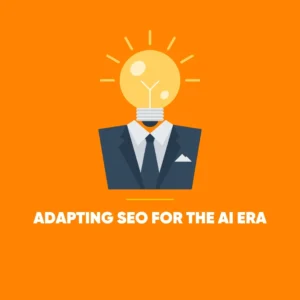 The rules of the game are shifting, but the opportunities are still there for brands that adjust their strategies.
The rules of the game are shifting, but the opportunities are still there for brands that adjust their strategies.
Build Authority, Not Just Rankings
It’s no longer enough to optimise for algorithms alone. Search engines and AI assistants increasingly favour trusted, authoritative sources.
Strong brand recognition, consistent messaging, and topic expertise are becoming as important as keyword targeting.
Focus on Topical Depth
Rather than spreading efforts thin across dozens of topics, businesses benefit from focusing on a small cluster of related themes. Deep, specialised content signals authority to both search engines and AI systems, making a brand the go-to source for its niche.
Create Content Worth Citing
Best UK SEO experts ask: if AI can answer a question instantly, what would make users still click through? The solution: produce resources so comprehensive or interactive that summaries simply aren’t enough.
Examples include:
- Original research: Unique data and insights not found elsewhere.
- Practical tools: Calculators, templates, and interactive features.
- Definitive guides: In-depth resources people bookmark and revisit.
Embrace the “Search Everywhere” Mindset
Consumers no longer stick to a single platform when researching products or services. They might see a recommendation on TikTok, watch a demonstration on YouTube, read reviews on Reddit, and finally search Google for more details.
Optimising for visibility across all these touchpoints – known as “Search Everywhere Optimisation” – ensures a brand appears wherever the audience is looking.
The Role of Brand in Modern SEO
In 2025, SEO and brand building are tightly intertwined. Businesses with strong brand recognition enjoy greater visibility in AI results, more backlinks, and higher trust signals in search algorithms.
Studies show that brands with the most mentions across the web enjoy exponentially more AI citations, leading to both direct traffic and increased brand searches.
This creates a flywheel effect: stronger brand awareness improves SEO performance, and better SEO performance further strengthens brand awareness.
The Road Ahead for SEO
Best UK SEO professionals agree the landscape is evolving quickly, with AI and shifting user behaviour reshaping digital discovery. Google’s dominance is no longer absolute, AI is influencing click behaviour, and competition is fiercer than ever. But the underlying principles of SEO – creating valuable, relevant, trustworthy content – remain as important as they’ve ever been.
Those willing to adapt can still find immense opportunity by:
- Prioritising brand authority.
- Producing in-depth, irreplaceable resources.
- Optimising for multiple discovery channels.
- Maintaining consistent topical expertise.
SEO isn’t dead – it’s evolving. And for those ready to evolve with it, the rewards are still significant.



